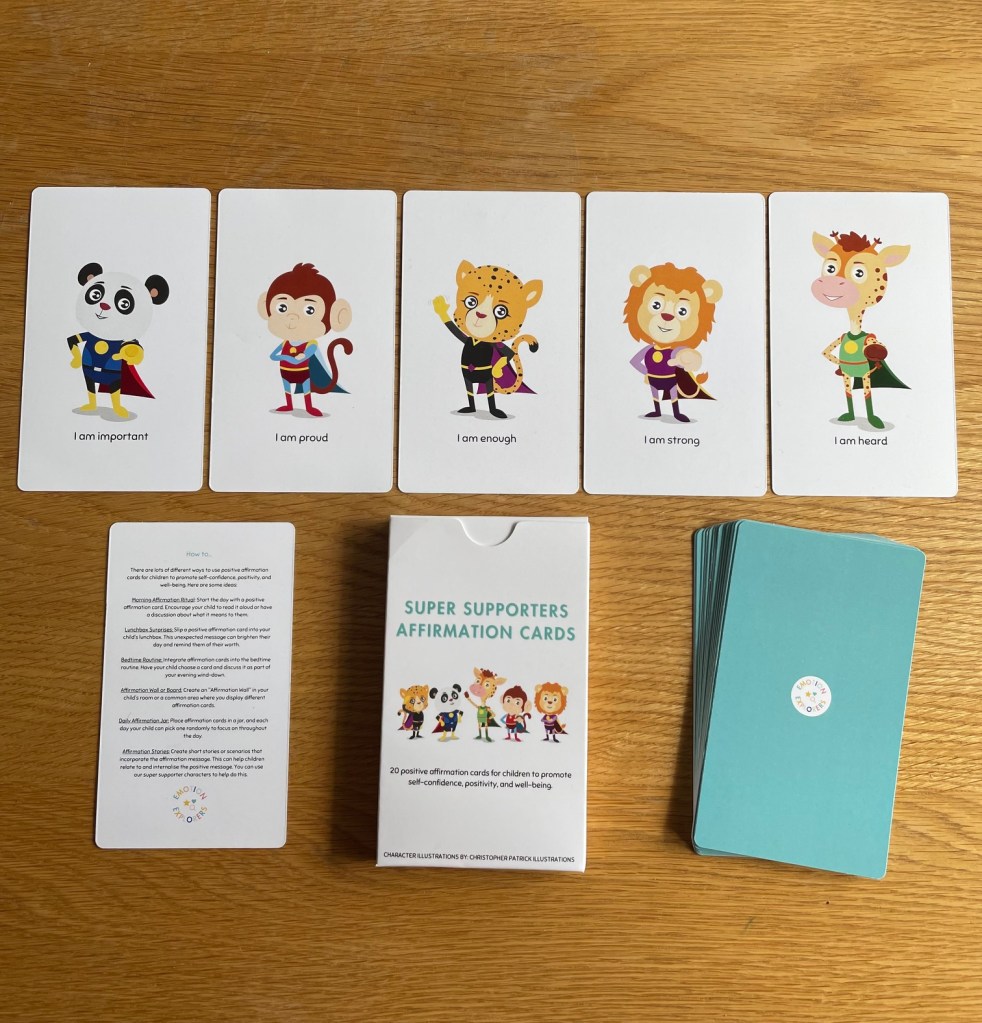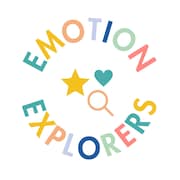It was with great sadness that we learnt of the untimely death of Flo Longhorn, on 10th September.
Her unexpected passing was even more surprising in that Flo had travelled from her home in Belgium to attend the funeral of Richard Hirstwood the previous week. We stood together as Richard’s coffin entered the church, remembering the energy and talent of that vibrant young man, who we had both encountered in his twenties, when he was starting off in the sensory field.
Flo was a pioneer in the field of sensory education. Her 1988 text, A Sensory Curriculum for Very Special People, became a seminal text, a foundation stone for schools exploring and developing sensory-based learning. Her sensory workshops were legendary—humorous, engaging, and purposeful. Her creativity knew no bounds; a fearless advocate for children with learning difficulties. Who knew that you could teach so effectively through feathers?! (Following one of her workshops, I well remember going to a craft shop and filling a suitcase with feathers of all shapes, sizes, and textures for the school sensory cupboard.)
To mark the immeasurable and transformative contributions of both Flo and Richard to our field, Evidence for Learning (Alan Wood) hopes to hold a Celebration of Sensory Learning focusing on innovative practice inspired by these two inspirational people, in the summer term of 2026.
Professor Barry Carpenter, CBE,OBE, D.Litt, PhD .
Honorary Chair, Evidence for Learning Advisory Group
14th September, 2025





